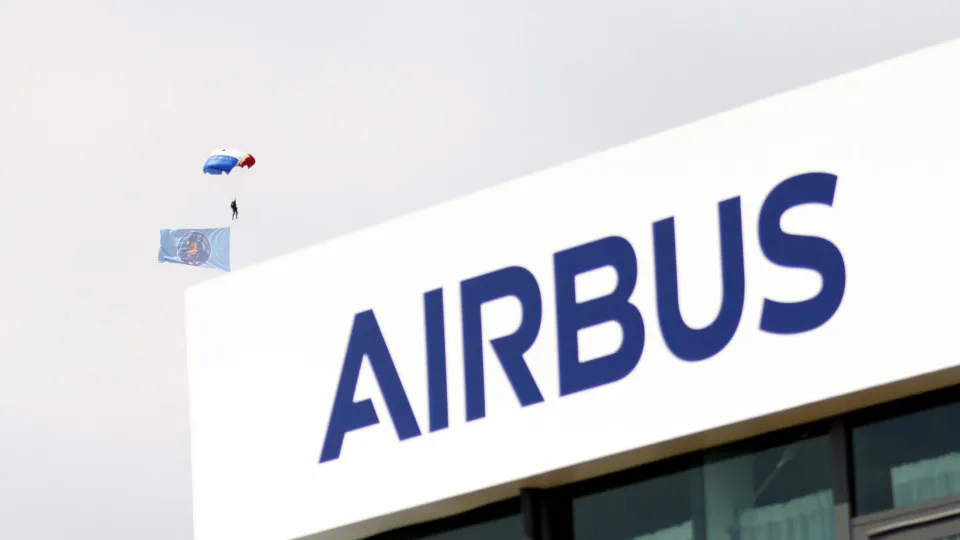
During a meeting held on Tuesday, Wang urged Airbus to take advantage of the launch of the second A320 assembly line in Tianjin, northern China, to deepen cooperation with the Asian country and expand the supply of products and services there.
The official assured that the ministry “will continue to promote the resolution of problems and concerns” that the company might face in its local operations, working to “maintain the stability of global industrial and supply chains.”
Faury expressed “full confidence” in the Chinese economy and the development of civil aviation in the country, emphasizing that the new unit in Tianjin “provides favorable conditions for deepening industrial collaboration.”
The meeting takes place in a context of rapprochement between Beijing and major European economies after several years of trade tensions.
Airbus has maintained a strong presence in China since 2008, when it inaugurated the first single-aisle aircraft assembly line in Tianjin.
In 2024, it also opened the first global aircraft lifecycle services center in Chengdu, an investment of 6 billion yuan (769.28 million euros).
After addressing operational and investment issues, Wang framed the meeting within China’s economic openness strategy, stressing that the Chinese market “maintains a steady expansion” and is currently the second largest in the world in consumption and imports.
He added that the country will continue to promote a favorable environment for foreign companies and uphold the stability of global supply chains amidst rising protectionism.
The Chinese government has reiterated its intention in recent months to attract foreign capital and strengthen industrial cooperation with Europe, especially in high-tech sectors and civil aviation, at a time when American Boeing is attempting to regain market share in Asia after years of restrictions and bans.
Airbus is currently the leading aircraft supplier to China, which is simultaneously seeking to reduce its external dependency with the development of the C919 commercial airliner, produced by state-owned COMAC.




